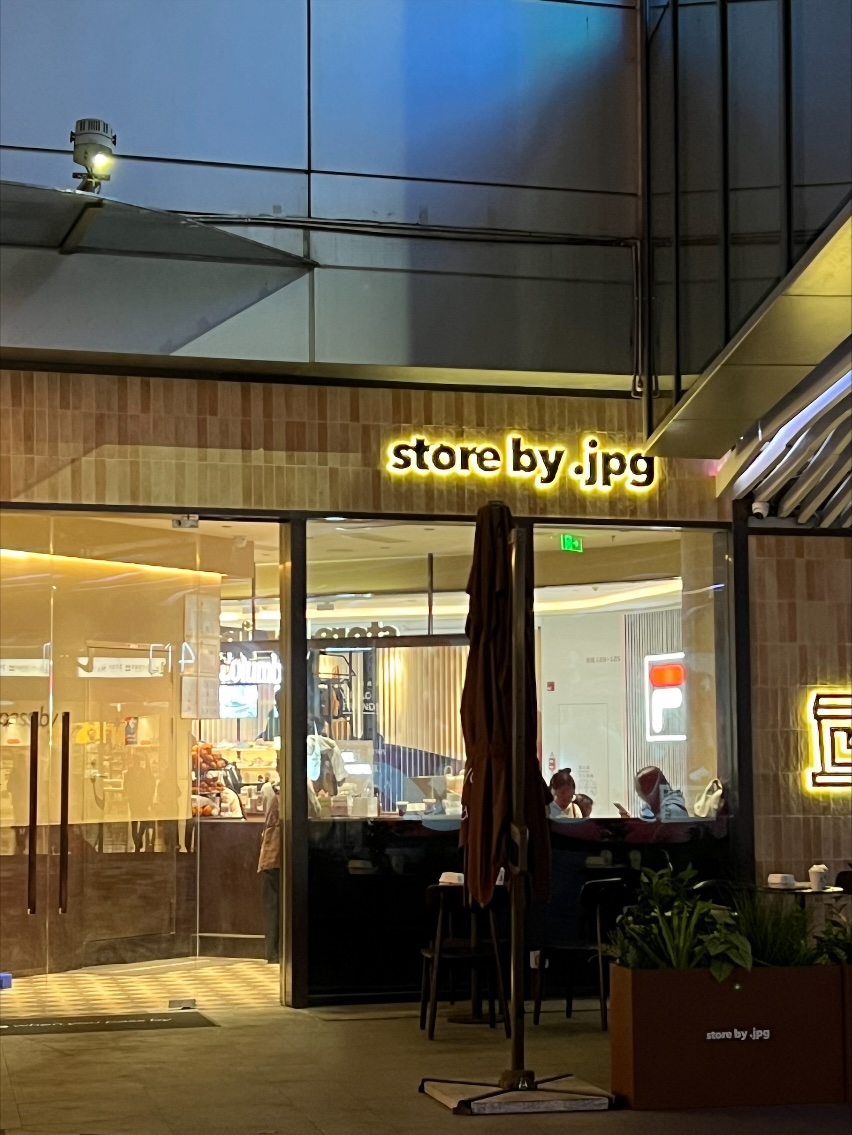The pathways of word borrowings can be absolutely mind boggling. The modern English word "goods" derives from the plural of one of six different roots that resulted in "good". I will not touch upon the five other etyma that resulted in "good" with other meanings, but only on the one that culminated in a countable noun signifying "an item of merchandise", often fixed in the plural form "goods", e.g.,:
-
-
c. 1596–1598 (date written), William Shakespeare, “The Merchant of Venice”, in Mr. William Shakespeares Comedies, Histories, & Tragedies […] (First Folio), London: […] Isaac Iaggard, and Ed[ward] Blount, published 1623, →OCLC, [Act IV, scene i]:
-
Thy lands and goods / Are, by the laws of Venice, confiscate / Unto the state of Venice.
√Inherited from Middle English good, god, from Old English gōd (“a good thing, advantage, benefit, gift; good, goodness, welfare; virtue, ability, doughtiness; goods, property, wealth”), from Proto-Germanic *gōdą (“goods, belongings”), from Proto-Indo-European *gʰedʰ-, *gʰodʰ- (“to unite, be associated, suit”). Compare German Gut (“item of merchandise; estate; property”).
(Wiktionary)
For two mercantile nations such as England and Japan, it is inevitable that "goods" would be borrowed from English into Japanese. It has its own entry in the Japanese Wiktionary: guzzu グッズ and has found its way into Korean as well: gutjeu 굿즈.
Read the rest of this entry »


